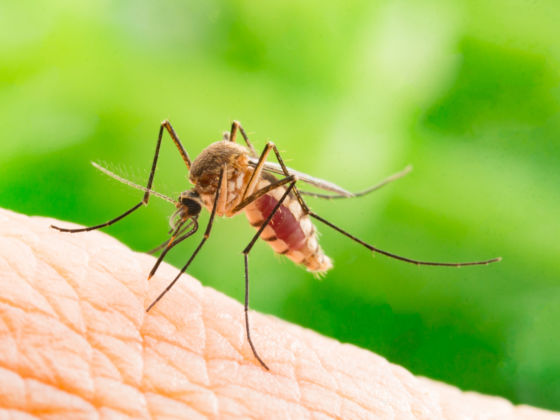LAST WEEK, IT WAS REPORTED THAT for the second year running, the Iditarod, the famous Alaskan dogsledding race had needed to ship in snow for the event. It was a strange and disturbing moment, to see a race that has a reputation for sub-zero temperatures and horrible winter weather given artificial snow brought in by train, and it helped underscore the fact that climate change, which is so often framed in terms of what it will mean to future generations, is happening right here and now.
The Iditarod is a small example, though. Here are some of the really big ways that climate change is already causing problems in the United States.
